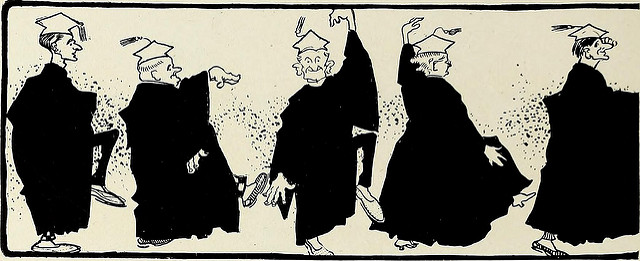
Here's what NOT to do on Mother's Day:
- Spend hours waiting for a restaurant table so you can buy Mom an over-priced brunch. I used to live in a neighborhood full of restaurants that were extremely popular on Mother's Day. I remember the carloads of families stuck in traffic with everyone staring straight forward, furious. Nobody wants that.
- Call her up and talk about trivial stuff like, "How's your water aerobics class going?" Seriously.
- Send a card. Or flowers. Or an expensive gift. Unless that's what she really wants, you can do better. And you'll feel much better about it when you apply some of the ideas below...
What's the best way to entertain Mom on Mother's Day?
- Ask her. She may not tell you, at first, so keep asking. Or maybe she's been telling you all along and you haven't been listening. When you ask what she wants, does she say, "I just want you." or "I want to spend time with you and the kids?" My son-in-law takes his mother fishing every Mother's Day. That's something they both like to do and they look forward to it. What's something your mom enjoys doing that you could spend a few hours doing with her?
- Put arguments aside. Every family has its designated disagreements. Mother's Day could be a day of truce. That means frowns, sighs, grumbles and other grumpy habits can be left at home, if you choose. Show up with kindness, instead. Researchers say kindness is one of the most direct pathways to happiness, anyway.
- Shift your thinking. What if Mother's Day wasn't an obligation? What if it's something you GET to do? My mother had Alzheimers for years before she passed. I used to take her for drives in the country to get icecream at an antique shop. She would thank me for doing it and I would spend time appreciating that I could do something meaningful for her that was easy and pleasant and that she wouldn't be around forever. Eventually, she couldn't go for rides, anymore, but I could wheel her out to the garden and she would say things like, "Oh, the sun feels so good on my face." Was I bored sometimes? Yes. Do I enjoy reflecting on those moments now, years later? You bet. Older people's lives are often simpler and they tend to appreciate small gestures. As Mother Teresa said, "We can do no great things, only small things with great love."
- Practice a little gratitude. As another pathway to happiness, gratitude can shift everything. Literally, people find their lives go better when they spend time appreciating what they already have. As Tal Ben Shahar says, "What you appreciate, appreciates." Your Mom's probably not perfect. (Mine wasn't.) But I'm pretty sure she did a lot for you and saying thanks doesn't have to be awkward. While you're spending some time with her, reminisce about something that happened and how she helped you. End it with, "That made all the difference." She'll know what you mean.
- Practice Love 2.0. Western society burdens the word, "love", with too many meanings. And we destroy our relationships by hanging on to disappointments and trying to get people to be different. Love 2.0 is just shared moments of positivity. It can heal broken relationships and enhance good ones. Regard your mom with a little lovingkindness on Mother's Day and anyday, because we change according to what we do regularly and often other people show up differently because we are different. Even if you can only sustain lovingkindness for a couple of seconds, at first, if you practice it regularly, you'll eventually be able to do it for hours and with anyone you choose. Then life will be filled with meaning, instead of empty gestures, because you've filled it with warmth.
Most people who read this blog are interested in positive psychology or in becoming coaches. That's where many of the ideas for this post came from. If you're maybe interested in becoming a positive psychology coach, I invite you to download the free Become a Positive Psychology Coach eBook, below. Or just subscribe to this blog in the upper right corner.










